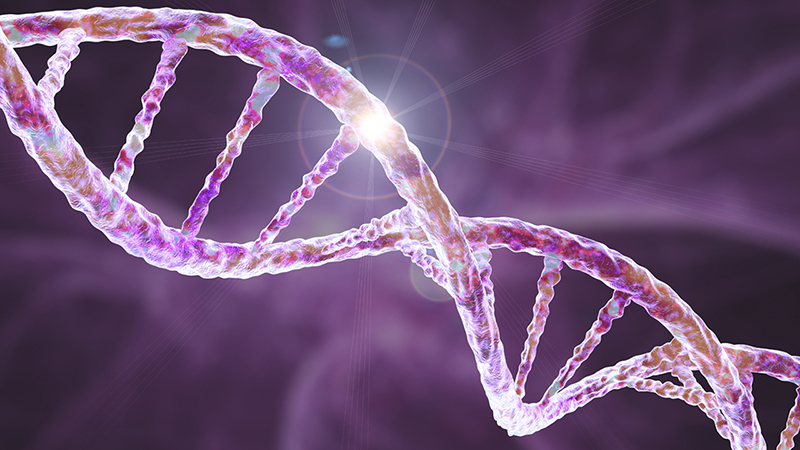Science of Depression (Infographic)
Published September 2019
It’s Not Just a Chemical Imbalance
Depression affects more than 16.1 million people in the United States. Each of these 16.1 million people will have different causes and symptoms, and benefit from different treatment options.
“Depression is so complex and can be attributed to a combination of internal and external factors,” says Northwestern Medicine Psychiatrist Dorothy K. Sit, MD. “Stress, trauma, other medical illnesses, alcohol and drug use, sleep, genetic predisposition and faulty mood regulation in the brain can all contribute to depression.”
“That’s why we tackle depression in a different way for each person,” adds Dr. Sit. “From medication, to novel treatments like light therapy, to powerful lifestyle changes like exercise, diet and sleep hygiene.”
If you have been diagnosed with or suspect you have depression, consult your physician, psychiatrist or behavioral health care provider.
If you or someone you know is having thoughts of suicide, call the National Suicide Prevention Lifeline at 800.273.8255.
Although research around depression continues to reveal new information, here’s the current science behind the condition.
 Download Science of Depression (Infographic)
Download Science of Depression (Infographic)






